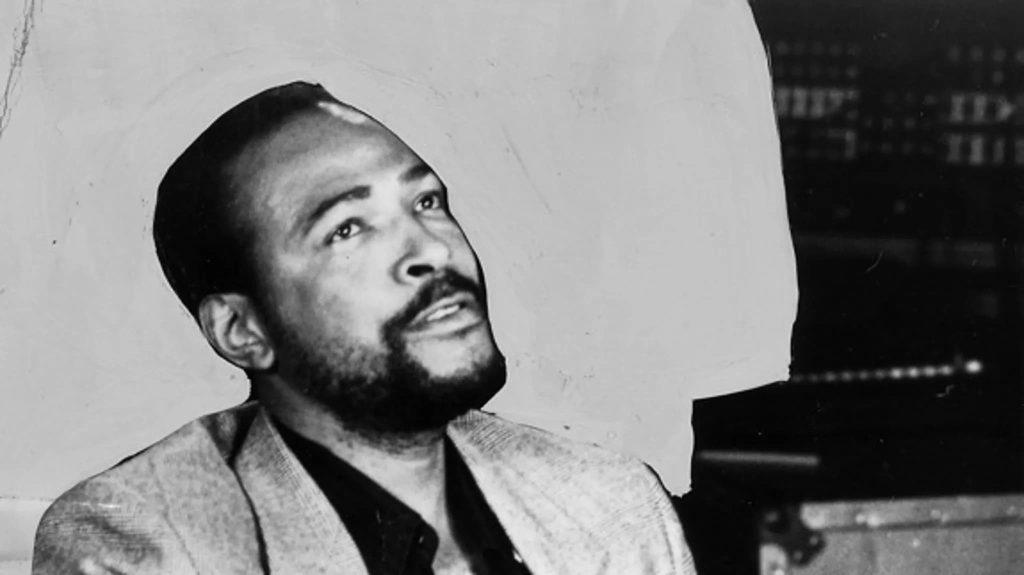
Marvin Gaye’s “Inner City Blues”: A Timeless Cry for Change
Released in 1971 as part of his groundbreaking album “What’s Going On,” Marvin Gaye’s “Inner City Blues (Make Me Wanna Holler)” remains a poignant and powerful commentary on the social and economic struggles faced by marginalized communities in urban America. Gaye’s soulful vocals, coupled with the song’s melancholic melody and thought-provoking lyrics, paint a vivid picture of the despair, frustration, and anger felt by those trapped in a cycle of poverty and discrimination.
The song opens with a haunting saxophone solo, setting the somber tone for Gaye’s lament. He sings of the challenges faced by inner-city residents, including unemployment, police brutality, drug addiction, and the lack of opportunities for advancement. The lyrics are both specific and universal, capturing the lived experiences of countless individuals while also highlighting the systemic issues that perpetuate these inequalities.
One of the most striking aspects of “Inner City Blues” is its emotional depth. Gaye’s voice conveys a sense of profound sadness and weariness, yet there’s also a simmering anger and a yearning for change. The chorus, with its repeated refrain of “make me wanna holler,” expresses the raw frustration felt by those who feel unheard and unseen.
The song’s instrumentation is equally powerful. The interplay of the bass, drums, and piano creates a sense of urgency and tension, while the subtle use of strings adds a layer of melancholy beauty. The overall effect is a soundscape that perfectly complements Gaye’s vocals and lyrics, creating a truly immersive listening experience.
“Inner City Blues” is not only a powerful protest song but also a timeless work of art. Its message remains as relevant today as it was over fifty years ago, reminding us of the ongoing struggles faced by marginalized communities and the urgent need for social and economic justice. Gaye’s soulful vocals, coupled with the song’s evocative lyrics and instrumentation, make it a masterpiece that continues to resonate with listeners across generations.